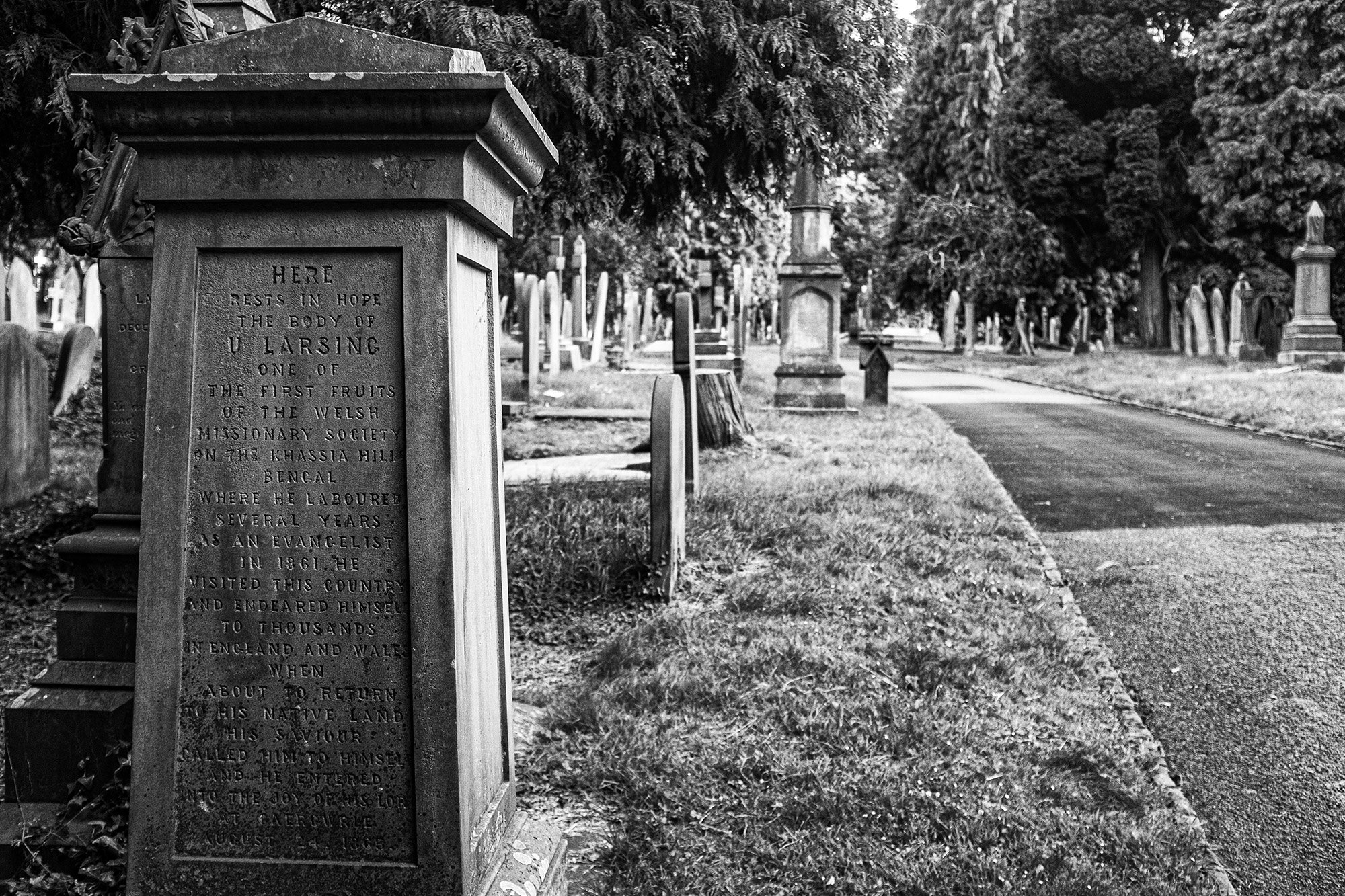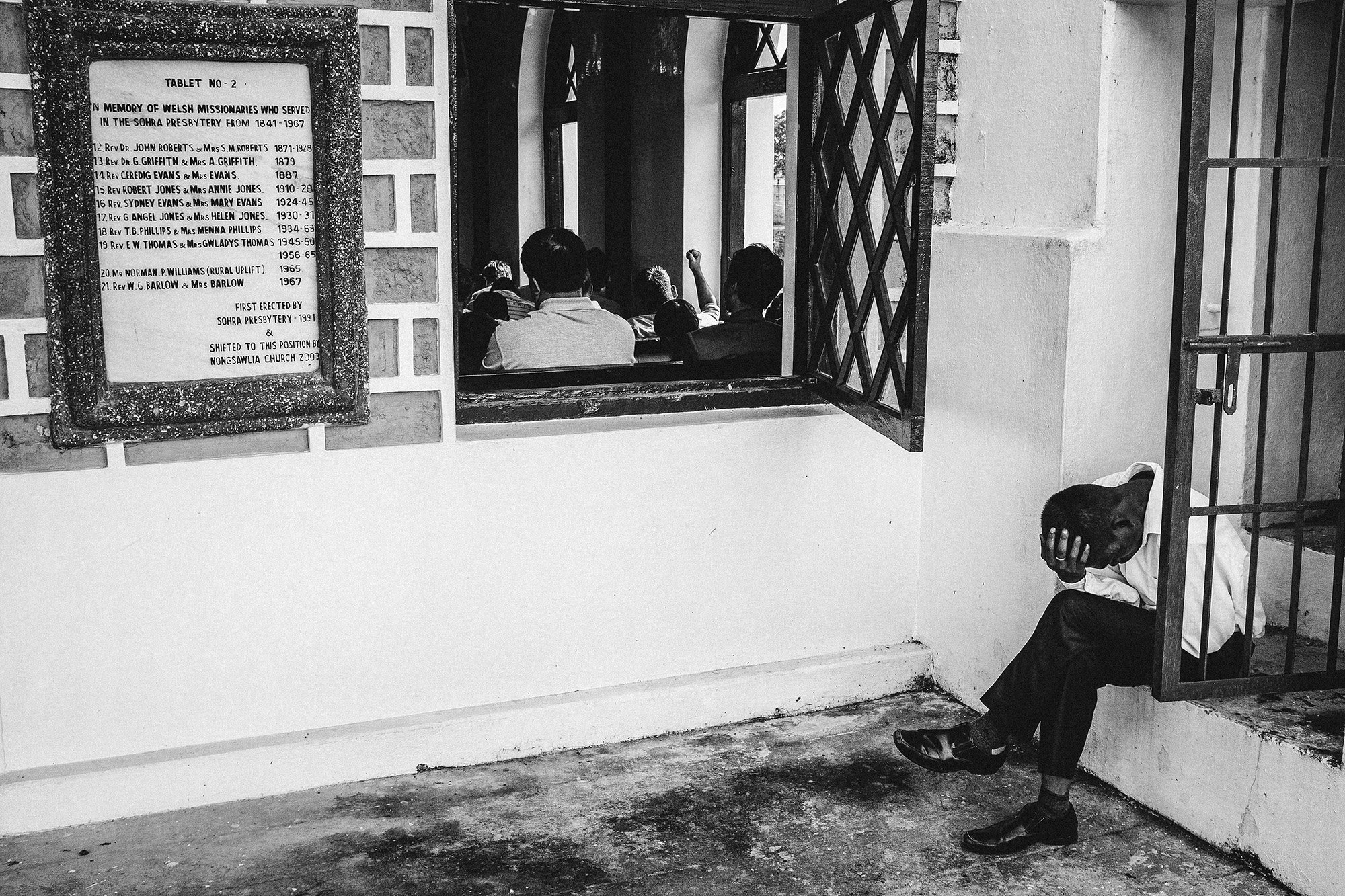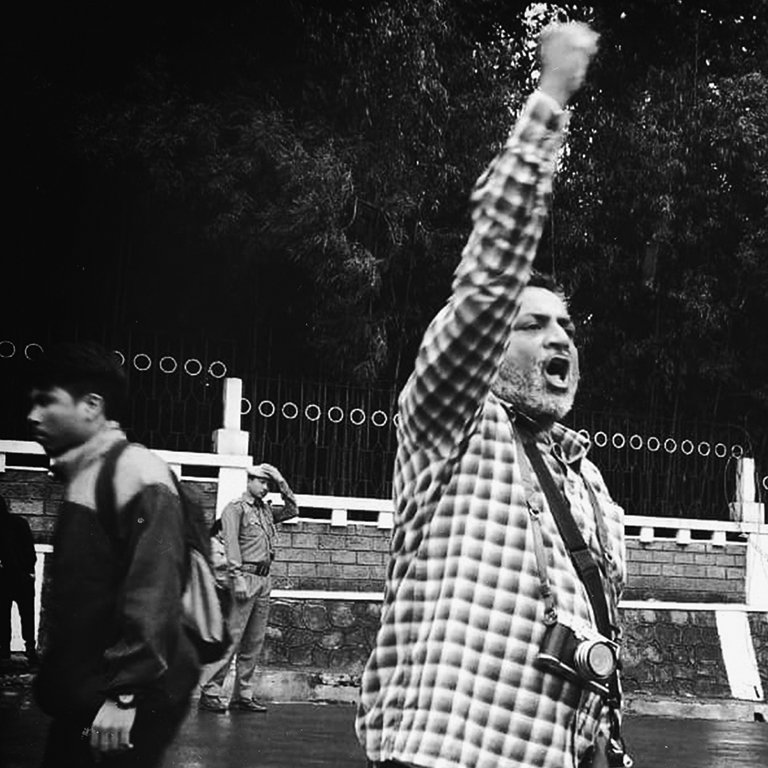Niam/Faith/Hynñiewtrep
Tarun Bhartiya
India is being remade. Once celebrated as a great pluralist success of decolonized nation building, many of its post-colonial benchmarks are being quickly reworked, erased, and made redundant. Words and phrases like secularism, religious freedom are seen as dangerous relics in the country’s journey to a new monolithic greatness.
Niam/Faith/Hynñiewtrep began as a sort of quirky, short term exploration of ontological questions of religious belief has grown into a long term examination of the history and political contestations around the questions of faith and nation-making amongst the Khasi Jaintia people and Indian nation state.
In the Hindu-Nationalist imagination, religious conversion - to “foreign faiths” like Christianity and Islam - is understood as an encounter between helpless natives and powerful missionaries. In the Khasi-Jaintia hills, however, a form of religious syncretism arose: although majority of Khasis became Christians, they converted on their own terms.
In 2016, in the Calvinist Methodist Archives lodged at the National Library, in Aberystwyth, Wales, Tarun, came across picture postcards that Welsh missionaries had sent home during their sojourn in the Khasi-Jaintia Hills. Picture Postcards became the visual field to make visible the narrative of Niam/Faith/Hynñiewtrep– Unaddressed Picture Postcards from Khasi-Jaintia Hills.
Biography
Tarun Bhartiya is a documentary image-maker, Hindi poet and political activist based in Shillong, Khasi-Jaintia Hills in Northeast India. His photography has been an adjunct to his political preoccupations on themes of everyday life of resistance movements, borders and belonging, destruction of indigenous modes of production and these days, authoritarian religious fundamentalist remaking of the Indian state and society.
Tarun Bhartiya’s films include “Brief Life of Insects” (2015, Mumbai International Film Festival, Best Sound Award), “The Last Train in Nepal” (2014, BBC4) Royal Television Society Yorkshire award for Best Director, Factual), “When the Hens Crow” (2013), “Darjeeling Himalayan Railway” (2010, Royal Television Society Award, Best documentary series).
Bhartiya returned his Indian National Film Award in protest against the Indian government’s inaction against the attacks on minorities in India.
He was a founder member of alt-space, an independent cultural and political space in Shillong, and is a member of Thma U Rangli Juki (TUR), a progressive people’s group in Meghalaya.
Bhartiya is the founder member of Raiot Collective which publishes www.raiot.in











